
The two-way street of networking and mentorship
In an interview with LinkedIn Career Expert Andrew McCaskill, he discussed how networking can support your career while giving back to your connections.
As headlines of sweeping tech layoffs continue, many Black and Latino professionals fear losing their positions in the face of a potential recession.
Andrew McCaskill is a LinkedIn Career Expert, who has spoken with AL DÍA in the past, discussing topics such as long term career resilience in the face of a potential recession.
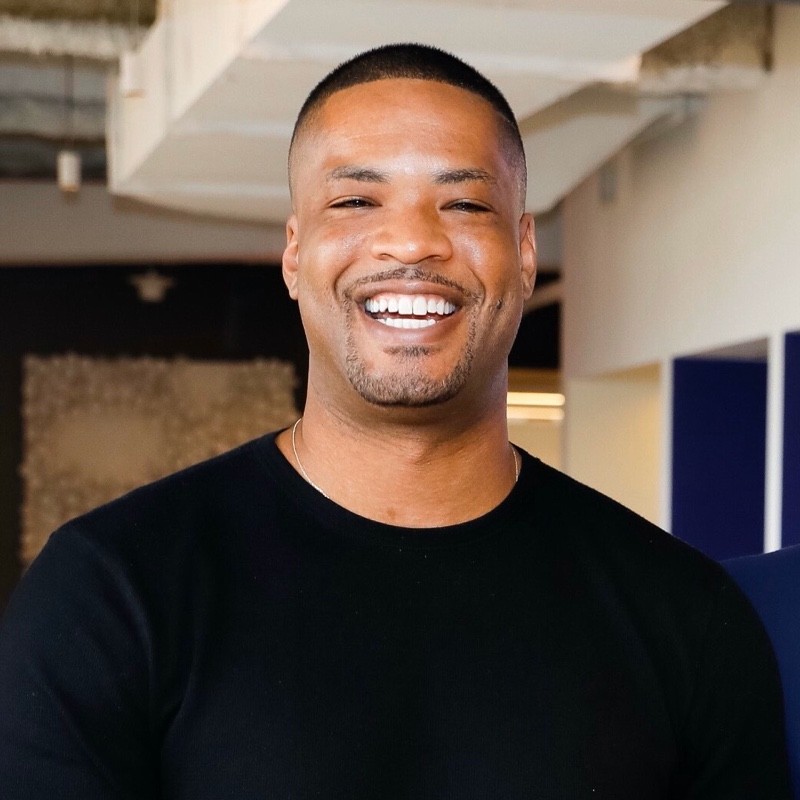
Recently, AL DÍA spoke with him again to learn more about how professional networking can support your career, and how valuable knowing your peers can be.
McCaskill emphasized the importance of professional connections. Black and Latino users of LinkedIn are growing their networks, such as Black members adding 11% more connections. But on average, White users have 17% more connections than Black members, that number jumping to 26% more than Latino members; a gap that McCaskill sees a need for Black and Latino professionals to close.
But an expansive professional network is not the only thing a modern day worker needs; they need a diverse network, as well.
In a study conducted in 2018, it was found among participants that employees who are referred to by White people are perceived better than those who are referred by those who are not.
McCaskill referenced this as he went into describing how as a Black man, he may not be able to enter the same places and positions with a referral from a Black professional than if he had a referral from a White professional.
“Our networks oftentimes end up looking very much like ourselves. I am a Black, gay man; I probably have more gay men in my network than someone who is a straight White man or straight White woman,” McCaskill said.
“Awareness gets us to agency,” McCaskill explained. “Once we become aware of the fact that our networks have to not just be large, but they also have to be diverse, we can start to think about how we build our networks in a way that's best for our careers. I'm still going to connect to other Black professionals, but I also recognize that I have to connect White professionals; Latino professionals, as well.”
Professional connections do not always have to be in the form of a close relationship or even someone you know very well, McCaskill explained. A network should rely instead on a willingness to share information and to make introductions on someone's behalf.
McCaskill and his team have found that these less intimate connections found in acquaintances, called weak ties, are as effective as a strong personal connection when being introduced to a third person.
These acquaintances can be made anywhere, as someone you used to go to school with or work with, or someone you encounter regularly in your community, such as while attending church together.
To access professionals within your own industry, one effective way is through employee resource groups, also known as business resource groups. These are members of an industry or company who pool together experience, information, and connections to benefit one another.
Beyond just information and introduction, these connections can provide mentorship to less experienced professionals in their industry, giving coaching on how to perform better at your job. When connecting with members of your own organization, you can find sponsors.
An example McCaskill gives is practicing requesting a promotion with them, or going over how to handle a review of your work. This is a way to get feedback from someone who is not your employer and will support you beyond your current position.
RELATED CONTENT
“You've got to have a couple of mentors. You've got to have mentors who look like you and have a similar experience as you do, but you also have to have a really diverse mindset about it to have mentors who don't look like you,” McCaskill said.
“I have Black mentors, but I also have White mentors, Asian mentors, Latino mentors, too, because they can help me decode culture at work,” McCaskill said.
As someone who has been one of the few people of color working in a majority-White environment, McCaskill’s understanding of the company culture meant finding mentors who shared experiences with his coworkers so he could better understand them.
In turn, as someone who has received mentorship, you would in turn provide mentorship to those seeking it. The same would apply to your professional network and in sharing information and resources with one another, in what McCaskill describes as “a virtuous cycle.”
Sponsors differ from mentors in that they can speak on your behalf and advocate for you within your company, supporting you as you seek a promotion or new responsibilities, or who can inform you of internal opportunities as they open.
For monolingual Spanish speakers, McCaskill says that the process of building a network is the same as everyone else.
By beginning with other Spanish speakers and branching out to include bilingual speakers, these connections can perform introductions and support when meeting with more English dominant speakers.
In the long run, these connections help build your career up for the future, and can provide points of contact for other matters, as well. This includes searching for a different position at another organization, an investor at your company, or even as a customer of a service or good you provide.
“You've got to think about your network long term, not just what you need today, but potentially relationships long term,” McCaskill explained.
“Networks have to be two way streets… So when people reach out to you, to ask you for a warm introduction, be open to that; when people reach out to you to ask for more information, be open to that,” McCaskill concluded.


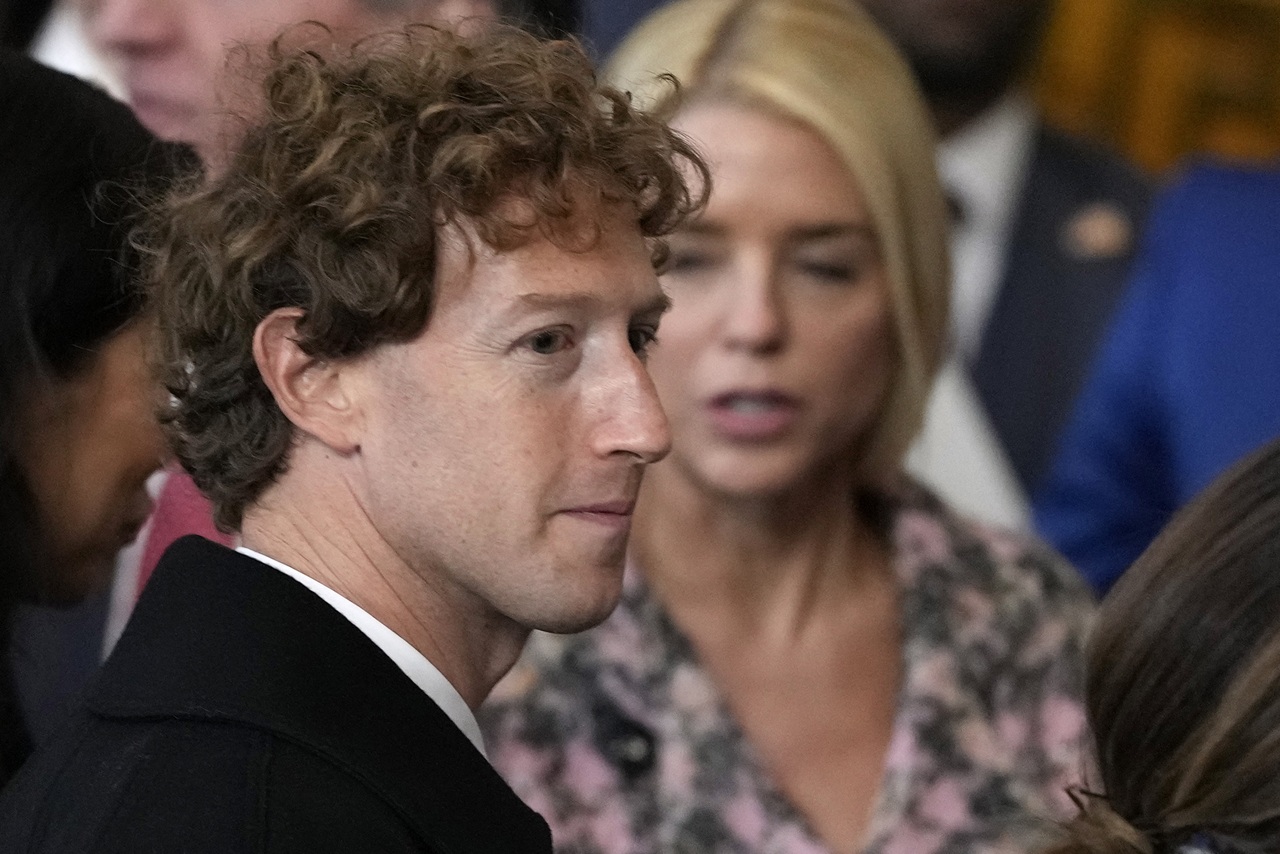

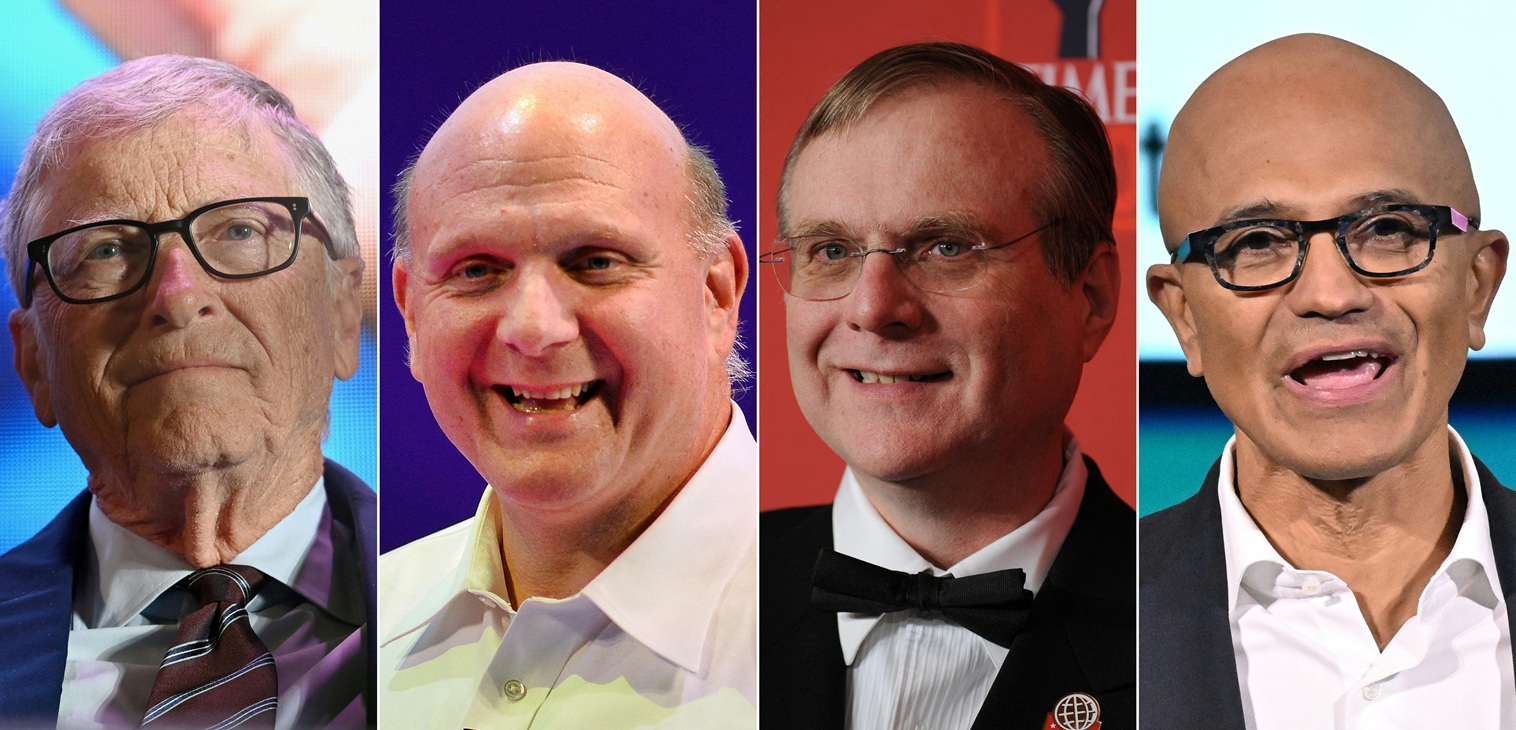

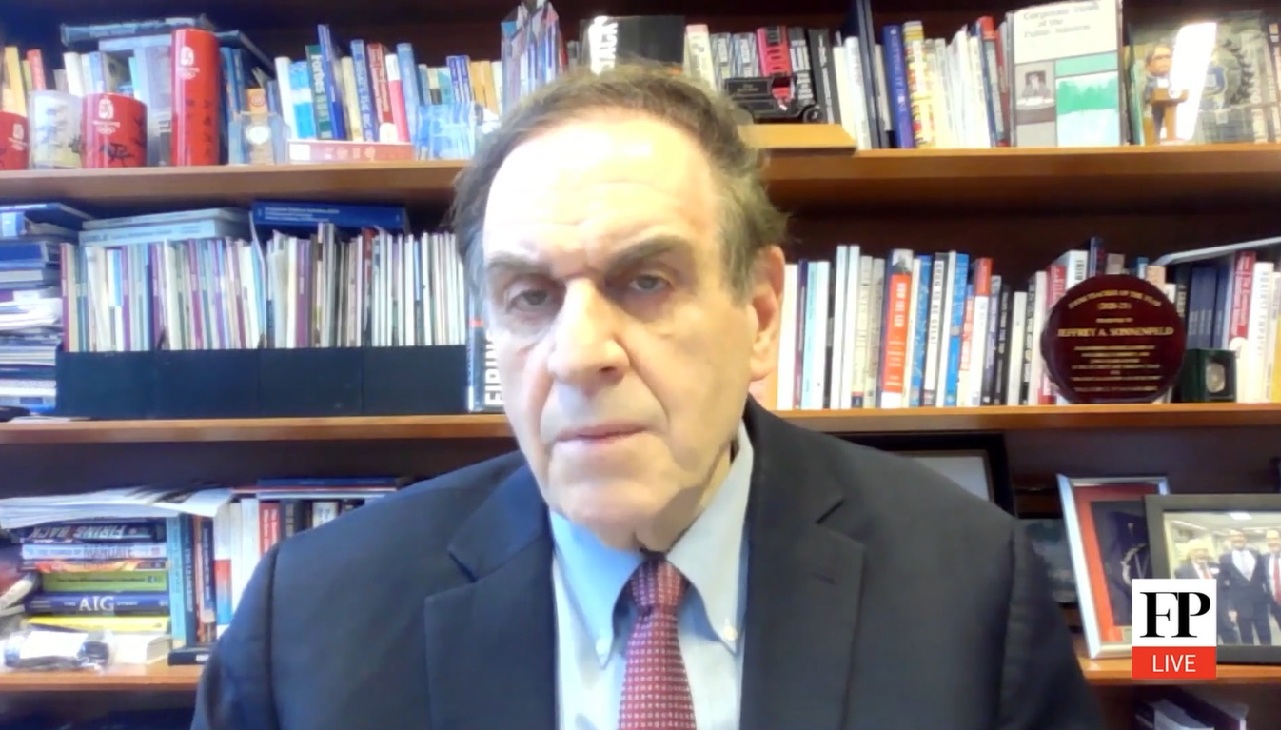
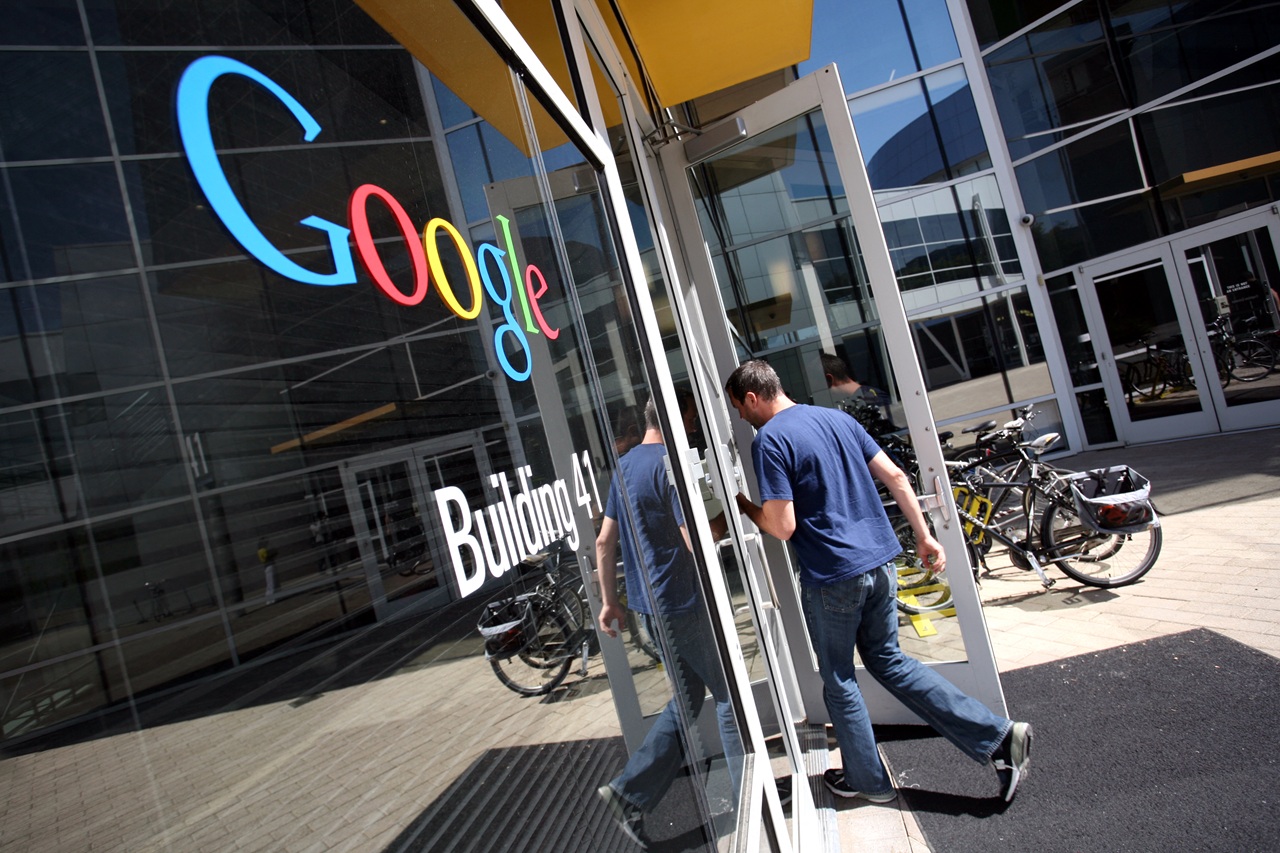



LEAVE A COMMENT: